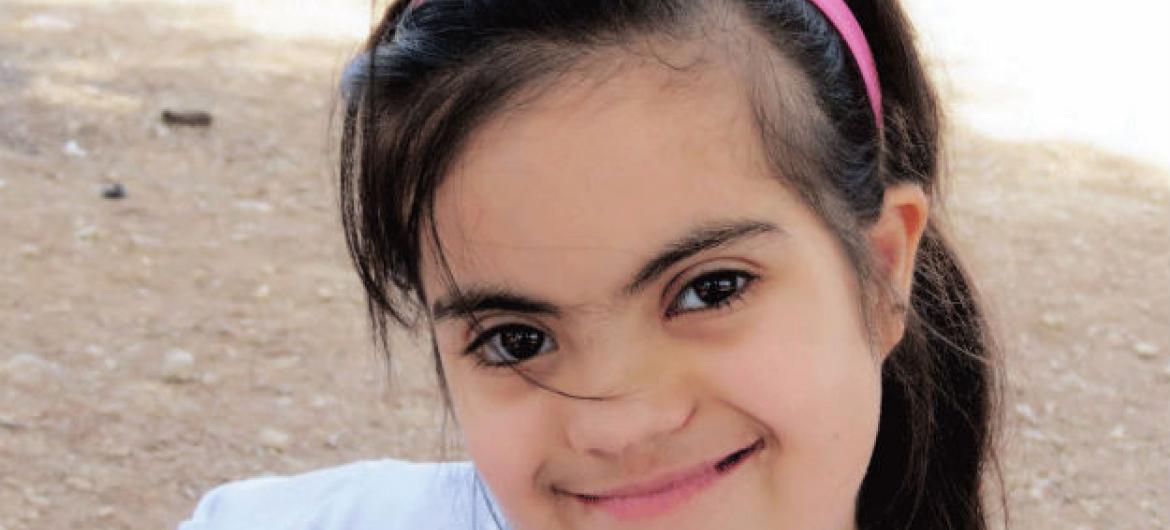People with Down syndrome, their advocates and supporters gathered at UN Headquarters in New York on Wednesday to rally employers and make sure they saw the benefits of enabling people with Down syndrome and disabilities to make meaningful contributions in the workplace.
The event, marking the 2018 edition of World Down Syndrome Day under the theme ‘What I bring to the Workplace,’ was a chance to show everyone people with Down syndrome can and should contribute and live valued working lives, and to be fully included in their communities.
“Inclusion within the normative and valued pathways of family and community life is one of the primary means to a life of meaning, belonging and possibilities,” said Bruce Uditsky, Chief Executive Officer of Inclusion Alberta Canada.
In the afternoon, a range of employers engaged in an open dialogue on the benefits and challenges companies face in employing people with disabilities.
One speaker, Debra Ruh, CEO of Unites States-based CEO of Ruh Global Communications, told the event that she refused to listen when experts said that her daughter Sara, born with Down syndrome, ‘would be lucky just to be able to push shopping carts at the local grocery store.’
With such comments ringing in her ears, Ms. Ruh left the banking industry and created TecAccess, a company with the core mission of making information and communication technologies (ICT) more accessible, notably to those with disabilities. Some 80 per cent of her employees are technologists with disabilities.
“Employees with disabilities in most sectors stay on the job longer, resulting in up to a 6 per cent turnover rate improvement,” she noted in her presentation, adding: “People with disabilities who are employed have less overall absenteeism and the number of compensation claims are no different.”
A parallel event was held at the Palais des Nations, the home of the UN Human Rights Office in Geneva, where people with Down syndrome spoke up on “What I bring to my community.”
The hashtag #WhatIBringToMyCommunity encompasses how people with Down syndrome can and make meaningful contributions throughout their lives – whether in schools, workplaces, the community, culture, media, and sports.
Among other things, the campaign also draws from the Sustainable Development Goal (SDGs); Goal 10 sets out to reduce inequalities within and among countries, Goal 10.2 aims by 2030 to empower and promote the social, economic and political inclusion of all, irrespective of age, sex, disability, race, ethnicity, origin, religion or economic or other status.
All the SDGs that ensure the opportunity of persons with Down syndrome to participate and contribute fully in society by 2030, including for quality education (SDG 4) and decent work and economic growth (SDG 8) are relevant to the campaign.
Down syndrome is a naturally occurring chromosomal arrangement that has always been a part of the human condition, exists in all regions across the globe and commonly results in variable effects on learning styles, physical characteristics or health.
World Down Syrndrome Day is commemorated annually on 21 March.
